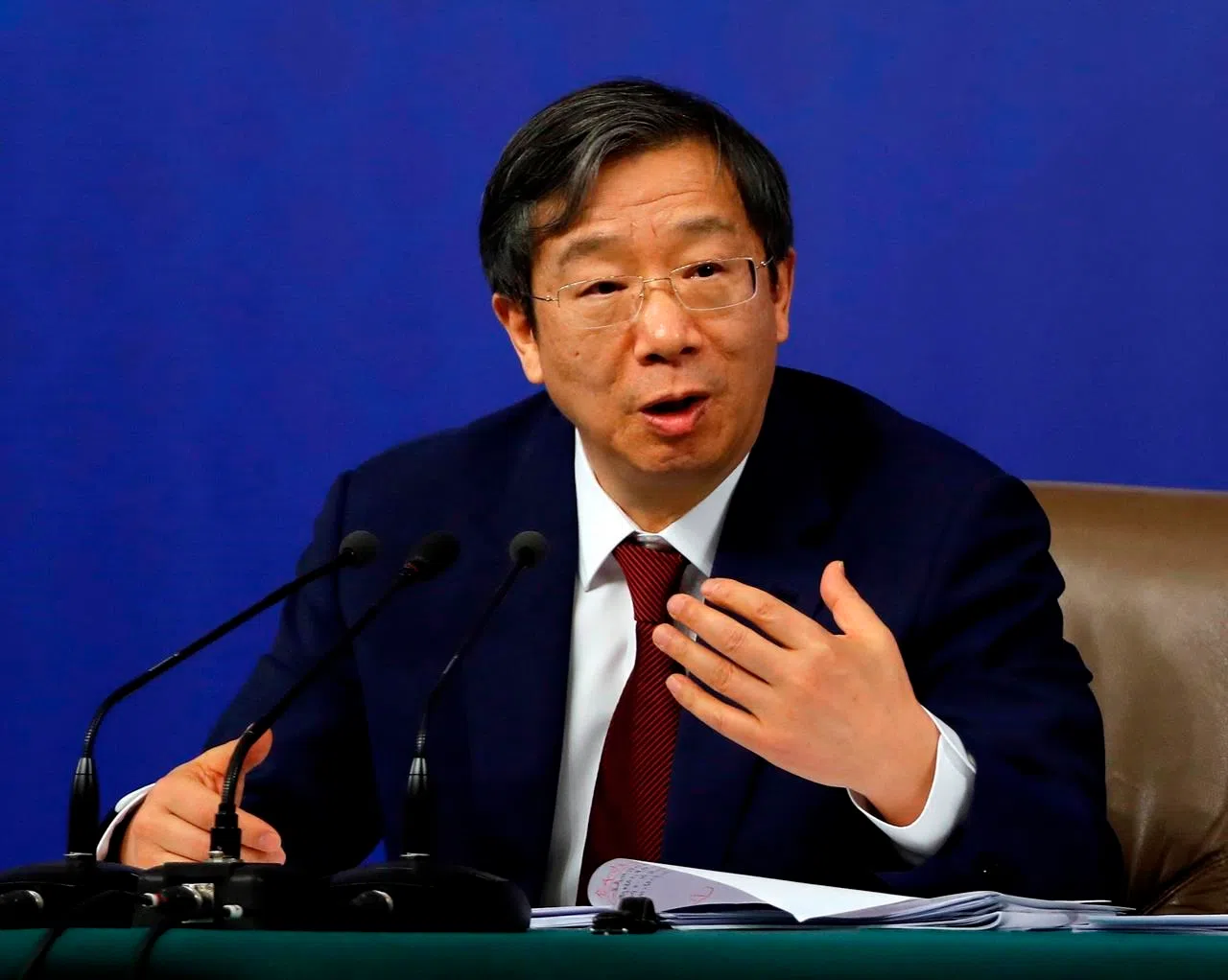
China’s new central banker pledges to rein in financial risk
BEIJING — China’s new central bank governor outlined sweeping plans Sunday to rein in rising debt and financial risk, but expressed confidence that Beijing can prevent potential dangers.
High debt levels for Chinese state-owned companies, local governments and households are “still a challenge,” Yi Gang said at an economic conference. The appearance marked his first extended public appearance following brief remarks to reporters after his appointment last Monday.
The ruling Communist Party has declared controlling financial risks a priority following a run-up in debt that prompted global rating agencies last year to cut Beijing’s credit rating.
Regulators will “deepen regulatory system reform and enhance its resilience against systemic risk,” Yi said. He said that will include steps to “impose more financial discipline” on government-owned companies, develop a better financing system for local governments and “create a system to prevent risk in the real estate sector.”


